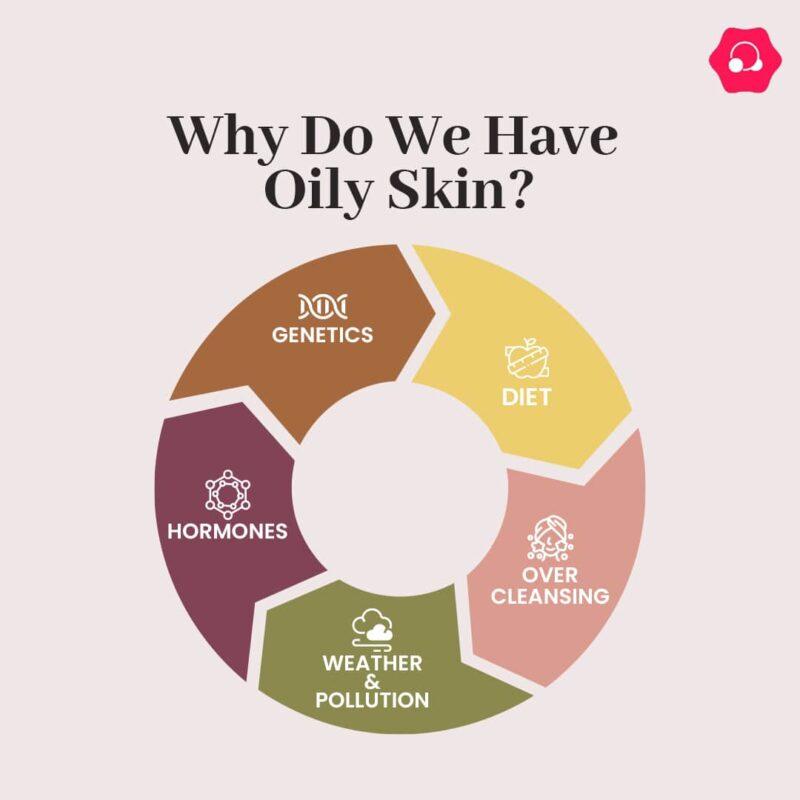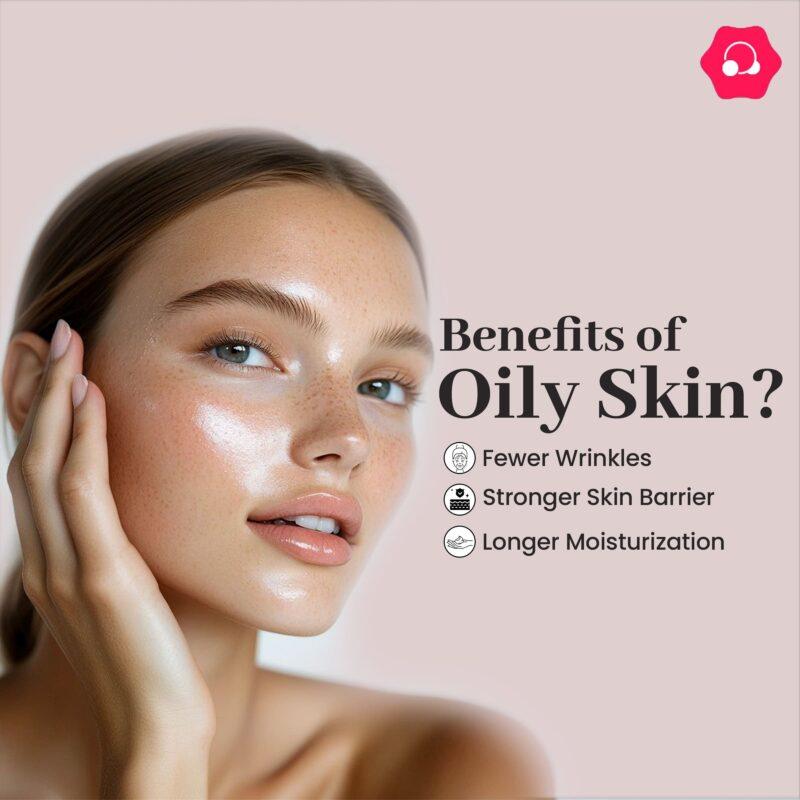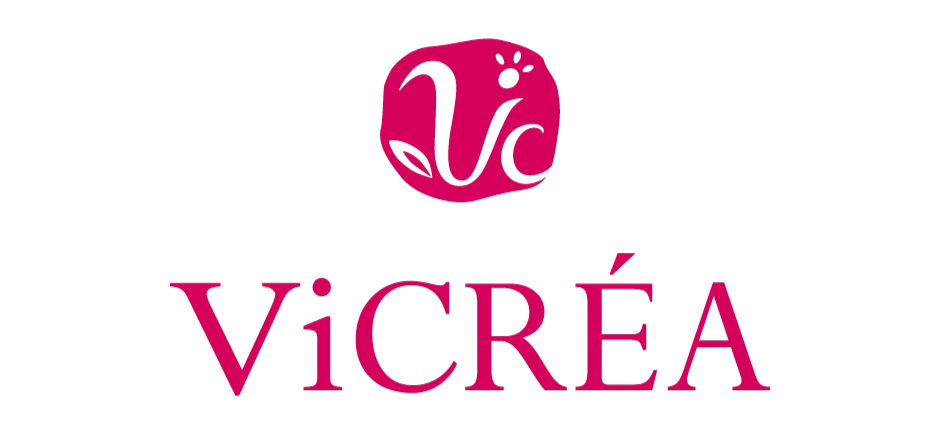Blogs
Understanding Oily Skin and How It Can Work to Your Advantage

Do you struggle with oily skin? If so, you’re not alone! Over 60% of people in Bangladesh have oily skin, especially in their 20s and 30s (Bangladesh Dermatology Association, 2021). But here’s some good news: understanding oily skin and how it can work to your advantage isn’t all bad. In fact, it has some surprising benefits. With the right skincare routine, you can manage your oily skin and achieve a fresh, glowing complexion. Understanding oily skin and how it can work to your advantage is essential for anyone struggling with this common skin type. Oily skin can be a source of frustration, but it also provides remarkable advantages when properly understood and managed. In this article, we will explore the causes of oily skin, its benefits, and effective skincare strategies to help you embrace your skin type.
Why Do We Have Oily Skin?
To better manage your oily skin, it helps to understand why it happens and how understanding oily skin and how it can work to your advantage can make a difference. Here are the main reasons:

- Hormones: Hormonal changes, especially during puberty, pregnancy, or your menstrual cycle, can cause your skin to produce more oil. The Journal of Dermatology (2018) explains that androgens (male hormones) in both men and women can stimulate oil glands.
- Genetics: If your parents had oily skin, there’s a good chance you inherited it too. Studies show that genetics influence about 60% of oil production (American Academy of Dermatology, 2020).
- Diet: Your diet can also play a role. Foods high in sugar, dairy, and greasy foods can increase oil production. A healthy diet full of fruits, vegetables, and omega-3 fatty acids can help keep oil production in check.
- Weather & Pollution: In Bangladesh, the hot, humid weather and high pollution can make oily skin worse. Research confirms that pollution increases sebum (oil) production and can cause breakouts (International Journal of Environmental Research and Public Health, 2017).
- Over-Cleansing: Ironically, washing your face too much or using harsh products can cause your skin to dry out, which then leads to more oil production. A study from Dermatology Research and Practice (2020) found that too much cleansing can disrupt the skin’s natural balance, triggering more oil.
The Benefits of Oily Skin

Although oily skin can feel frustrating, it actually has some advantages:
- Natural Moisturizer: Oily skin stays moisturized for longer, which helps maintain skin elasticity and firmness. This can delay the appearance of wrinkles, giving you a natural anti-aging benefit. In fact, people with oily skin often develop fewer fine lines and wrinkles than those with dry skin (Dermatology Times, 2020).
- Protection Against Environmental Stress: The oil on your skin forms a protective barrier that shields it from external factors like pollution, harsh weather, and UV rays. Research in the Journal of Investigative Dermatology (2020) confirms that oil helps protect the skin from harmful pollutants and bacteria.
- Stronger Skin Barrier: Oily skin helps lock in moisture and maintains a stronger skin barrier. The oil helps your skin stay hydrated and prevents dryness and irritation. According to the American Academy of Dermatology (2018), oily skin keeps moisture trapped and helps protect against irritants in the environment.
Instead of seeing oily skin as a problem, view it as a natural protective layer with its own benefits. Oily skin helps keep your skin moisturized, protects against environmental damage, and even reduces signs of aging. Stay tuned for skin care routine for oily skin, where we’ll dive into the best affordable skincare products for oily skin that will help you make the most of your skin’s natural shine!


























































































































